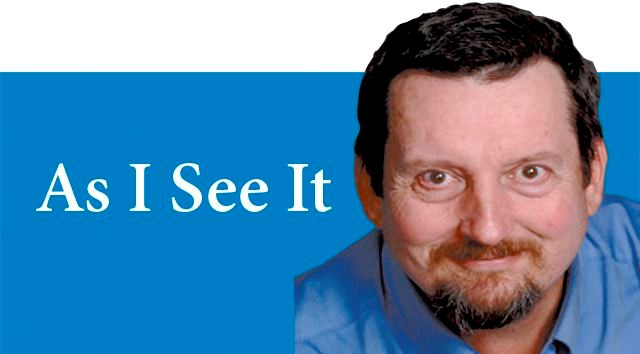Two weeks after the provincial election and no final results.
As of right now, the B.C. Liberals have a minority government holding on to 43 seats and 40.86 per cent of the popular vote, while the NDP have 41 seats and 39.85 per cent and the Green Party three seats and 16.74 per cent.
Elections B.C. has approved requests for recounts in two ridings - Courtney-Comox and Vancouver-False Creek and denied requests in four other ridings.
The criteria used by Elections B.C. in making determining which ridings will have a recount is a vote difference of less than 100 or identified irregularities in the vote count.
In Courtney-Comox, nine votes separated NDP candidate Ronna-Rae Leonard from B.C. Liberal candidate Jim Benninger. It was a riding too close-to-call on election night and will ultimately be decided by absentee ballots.
If Mr. Benninger wins, it will give the B.C. Liberals the magic 44 seats needed to form a majority government. But it will be a precarious government dependent upon all members to be present all of the time and especially for motions of confidence.
However, Ms. Leonard is the elected representative right now and if she holds onto the seat, then the B.C. Liberals cannot form a direct majority. They will need to negotiate with either the NDP or the Green Party to form a coalition of some form or another. I doubt the NDP would be interested in a coalition but it may be possible with the Green Party.
Of course, an NDP-Green Party coalition is also possible. As it stands, such a coalition would have the 41 seats the NDP hold and three Green Party seats giving it a clear but slim majority.
It is unlikely the other contested riding will change hands.
The initial request, by NDP candidate Morgane Oger for a recount was denied by Elections B.C. as there was a difference of 560 votes.
However, B.C. Citizens First Party candidate Phillip Ryan's request was accepted due to a difference in the number of votes recorded in the ballot account versus the tally sheet.
Even with the absentee ballots added to the final count, it is unlikely there will be a significant shift or an overturned result in Vancouver-False Creek. It really does come down to Courtenay-Comox and nine votes.
The only true winner on election night would appear to be Green Party leader Dr. Andrew Weaver.
Not only did his party make electoral gains in both the number of seats and the percentage of the popular vote, but he is now in the catbird seat with regard to who governs and for how long.
As I mentioned, he could form a coalition with the NDP but he could also throw his lot in with the B.C. Liberals. Or, and I think this is the most likely, he will simply stay out of a coalition entirely and hold the balance of power. He and his two colleagues will be the deciding factor on which pieces of legislation get passed and where funds are allocated.
On election night, Weaver indicated he could work with either party. He was not interested in throwing B.C. back into another election right away.
However, we really didn't get to hear his whole speech as all of the channels I was watching switched to John Horgan's speech just after Weaver got started. And that may be the telling factor in how government is formed.
Was this a deliberate slight?
Can Mr. Horgan share power? Is he willing to accept he didn't win - in either popular vote or total number of seats - and find a way to compromise?
In both debates, Mr. Horgan was fairly dismissive of both Weaver and the Green Party. It may have been electoral posturing for the sake of the race but it begs the question of what is going on behind the scenes.
My colleagues who have worked with Weaver describe him as "fairly conservative" in his politics with the exception of his devotion to the environment. After all, his research has been on the subject of climate change and its impacts. He understands our carbon footprint at a very deep level.
From that perspective, it would seem a coalition with the NDP might be more likely except the B.C. Liberals did bring in a carbon tax and have been making some efforts to green our economy.
Enough? Who knows? And as it stands, the NDP can only make promises about what they would do if they ever get into power.
So, Weaver will need to decide - form a coalition with the B.C. Liberals, form a coalition with the NDP, or remain a third party and vote the whims of his membership.
If the polling done amongst the Green Party membership after the election is accurate, it will be the third choice and the 41st Legislature will be a rocky, short ride.



